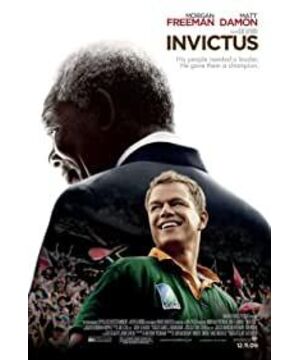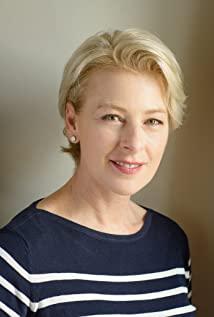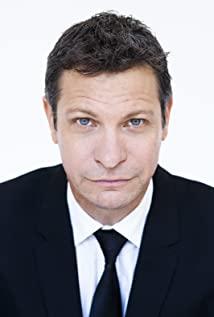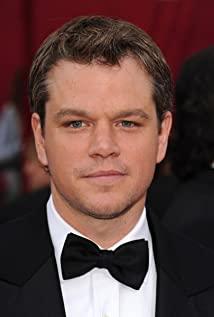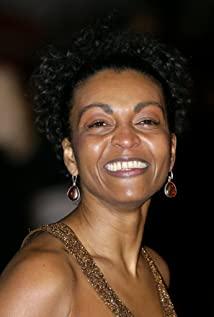news from this newspaper. The story of South Africa winning the 1995 Rugby World Cup was put on the screen. It is a somewhat overly exaggerated description. In fact, the South African team has the advantage of the host country in this game, because the referees were sent to accept South Africa during the game. There are suspicions such as bribery and the poisoning of the New Zealand team before the championship game. In addition, there is also the case of "sniping" opponents with huge rewards, which can be said to be the most controversial match of the six Rugby World Cup.
The four-year Rugby World Cup was held for the first time in 1987. New Zealand and Australia won the first two championships. The South African team failed to participate due to "political" factors. 1995 was the third tournament, International Rugby. The General Assembly (IRB) selected South Africa to host the competition, which obviously has a psychological consideration of "compensation".
South Africa is one of the top three in the rugby tradition of the southern hemisphere. Because the South African government implemented the "apartheid" policy, it has been criticized and boycotted by the international community since 1960. The International Olympic Committee (IOC) suspended South African membership in 1970 and Great Britain The Commonwealth of Nations (Commonwealth of Nations) in 1977, the Gleneagles Agreement, seemed to cut off the full communication with the South African movement. However, the International Football Association did not strictly enforce these constraints, because South Africa has always been an international player. General permanent member.
In 1976, New Zealand, and in 1980, the British and Irish coalition British Lions (British Lions) ignored the strong international opposition and went to South Africa to visit the game with great fanfare; France, Ireland and England also participated in 1980, 1981 and 1984. Visited South Africa. In 1981, the South African team went to New Zealand for an expedition. In 1989, the International Football Club organized the World Star Team to play in South Africa. Therefore, after the lifting of South Africa’s “ban” in 1992, the International Football Club immediately took the World Cup into the world. The eye-catching stage was given to them.
In this competition, New Zealand has the strongest strength. The "Super Tank" winger Jonah Lomu (196 cm, 118 kg, 10 seconds 8 per 100 meters), the semi-finals against England, is the team’s four touchdowns. It’s New Zealand. The Sealand team contributed to the championship game; before the final between South Africa and New Zealand, South African Shell Petroleum Corporation offered a high price to "snipe" Rumo's offense, a "Tackle" for US$1,400, and then the New Zealand team It was only after protests from China that Shell Petroleum Company cancelled this practice that violated the spirit of the movement.
However, the South African players were "stimulated" by Shell Petroleum Company. The defense of Lomu in this game was really desperate and succeeded, completely defending Lomu's offense. Lomu's best attack was taken by star player Van der Wiesu. (Joost van der Westhuizen) blocked in front of the goal line.
The biggest conflict in this game was the game between South Africa and Canada. Players from both sides were in a group on the court. South Africa Dalton (James Dalton), Canadian team Snow (Rod Snow), and Rees (Gareth Rees) were expelled by the referee. After the game, the conference caught three missed fish from the TV screen and imposed a 30-90-day ban.
The rematch between South Africa and Western Samoa caused strong dissatisfaction among Western Samoan players when the referees favored the South African team. As a result, there were rumors that the South African rugby authorities tried to bribe the referee to help the South African team win the championship.
The French referees who participated in the law enforcement also pointed out that the referees of English-speaking countries monopolized the games after the rematch, and the two important battles in South Africa against France and South Africa against New Zealand have allowed the South African team to obtain many favorable judgments. New Zealand coach Laurie Mains also said that in the two days before the World Cup final, 27 people in New Zealand had food poisoning and it was suspected that someone had poisoned them.
Rugby is the "national game" of South Africa. With a solid foundation for development, it absolutely has the strength of a world champion. In 2007, they won the World Cup for the second time in France, and this time they won innocence.
View more about Invictus reviews


